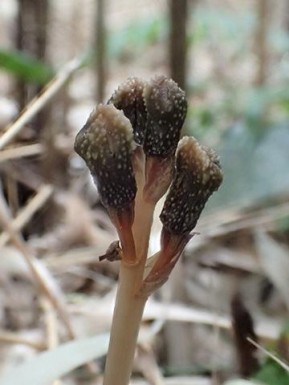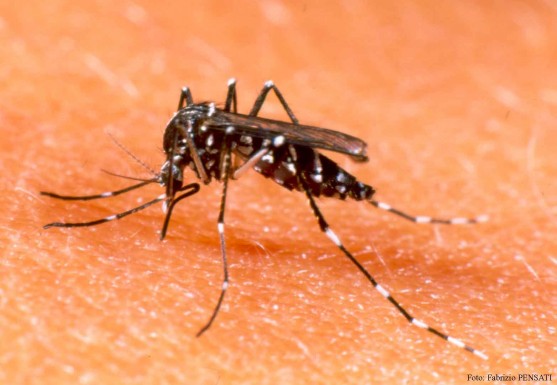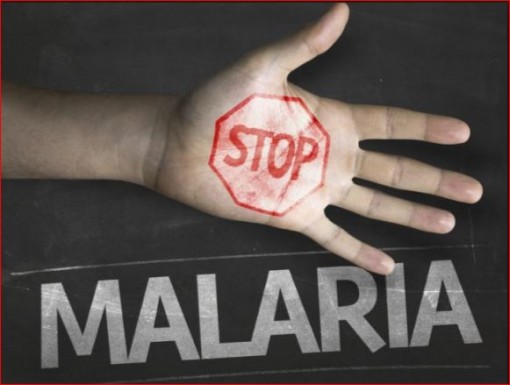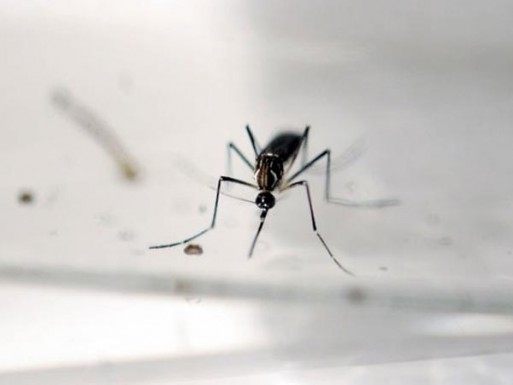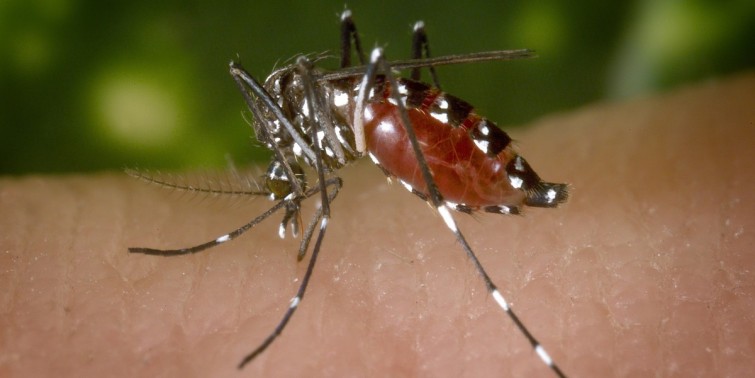Dengue has claimed 179 lives across the country this year while no death has been reported due to chikungunya, though it affected 21,000 people, the Rajya Sabha was told today.
“During 2016 (till November 13), a total number of 179 deaths due to dengue and no death due to chikungunya has been reported in the country.
“The number of positive cases for dengue and chikungunya in the country during 2016 (till November 13) are 90,277 and 21,094 respectively,” Health Minister J P Nadda said in a written reply.
He said the reason behind the steep increase in the number of cases are– water storage practices, poor solid waste management, construction activities, large migratory population, inadequate vector management and lack of protective immunity in the affected population.
Dengue claimed 33 lives in Uttar Pradesh, 28 in West Bengal and 22 in Maharashtra, he said. Replying to another question on the same issue, Minister State for Health Faggan Singh Kulaste said the government has taken measures for prevention and control of dengue and chikungunya in the country, including in Delhi.
He said technical guidelines for prevention and control, clinical management and vector control have been issued to states and UTs while periodic reviews have taken place.
Since January, 2016, 22 review meetings at the levels of Minister, secretary and others were held.
He said since January 12 advisories have been issued at the levels of Secretary (H&FW) and Additional Secretary while states were requested to declare dengue as notifiable disease.
“States were requested to curtail out of pocket expenditure by fixing the rate for testing at Rs 600,” he said.
He said dengue and chikungunya diagnosis is provided through 542 Sentinel Surveillance Hospitals (SSHs) and 15 Apex Referral laboratories (ARLs) identified across the country.
“First version draft of ‘Strategy and Plan of action for Effective Community Participation for Prevention and Control of Dengue’ has been uploaded. A user-friendly App ‘India Fights Dengue’ has been launched while National Dengue Day has been observed on May 16, 2016 throughout the country,” he said.
Source : Smartcooky



